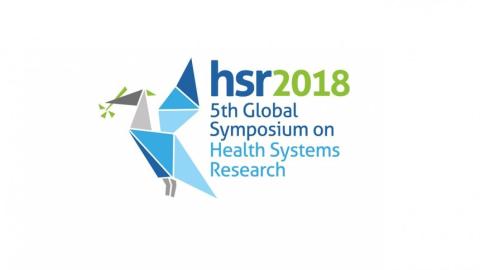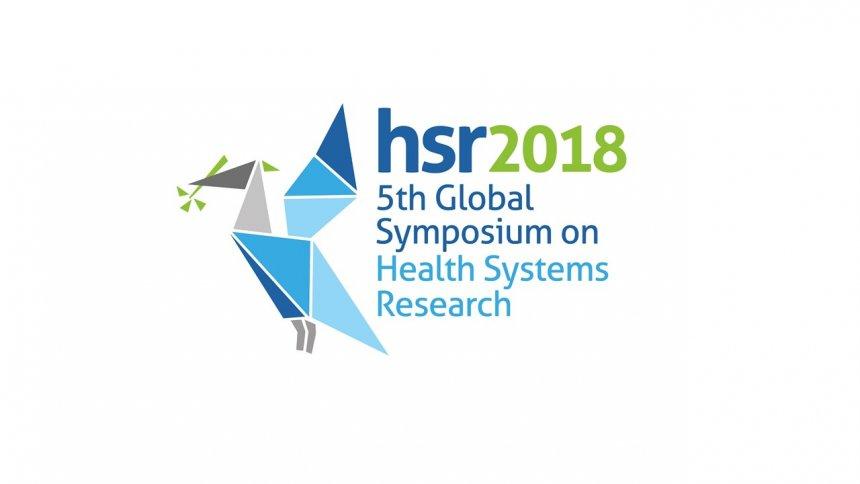
Participation and citizen’s voice are core SDG principles reflected in ‘leave no one behind’. Sustainable Development Goal 16.7 concretizes it further with its aim ‘to ensure responsive, inclusive, participatory, and representative decision-making at all levels’. Better understanding mechanisms for population participation in decision-making is critical for achieving health for all.
A satellite session will be held on 8 October, 12:00 pm – 02:00 pm @ ACC room 11A, during the fifth Global Symposium on Health Systems Research in Liverpool, UK. This session will examine Health Assembly experiences in France (Etats Généraux de la Santé), Iran, Thailand, and Tunisia (Dialogue Sociétal) to question whether it lives up to its promises. It will delve into the modalities, success factors, and challenges of not only setting up a National Health Assembly-like process, but sustaining it over time with meaningful input from all sections of society, including the hard-to-reach.
The target audience will principally be policy-makers, especially those who may be interested in introducing or taking to scale such institutionalized mechanisms. The reality is that few countries undertake wide-scale (lay) population consultations for health in a regular and routine way. We hope that this session might help spark a reflection process for those who perceive National Health Assemblies to potentially be too cumbersome and costly, with little return on investment. In addition, we also target researchers interested in health governance, as well as civil society stakeholders interested in more participatory and inclusive policy processes.
The National Health Assembly concept is innovative practice in health systems development because it transforms the traditional role of the Ministry of Health, and government health policy-makers in general, from managers of service delivery to brokers of diverse health stakeholder interests – in essence, to conveners of policy dialogue through platforms such as a Health Assembly. Gathering real-time, meaningful population input into policies which affect them affords governments a tremendous opportunity to better engineer the health systems of their countries to deliver for all, leaving no one behind.
